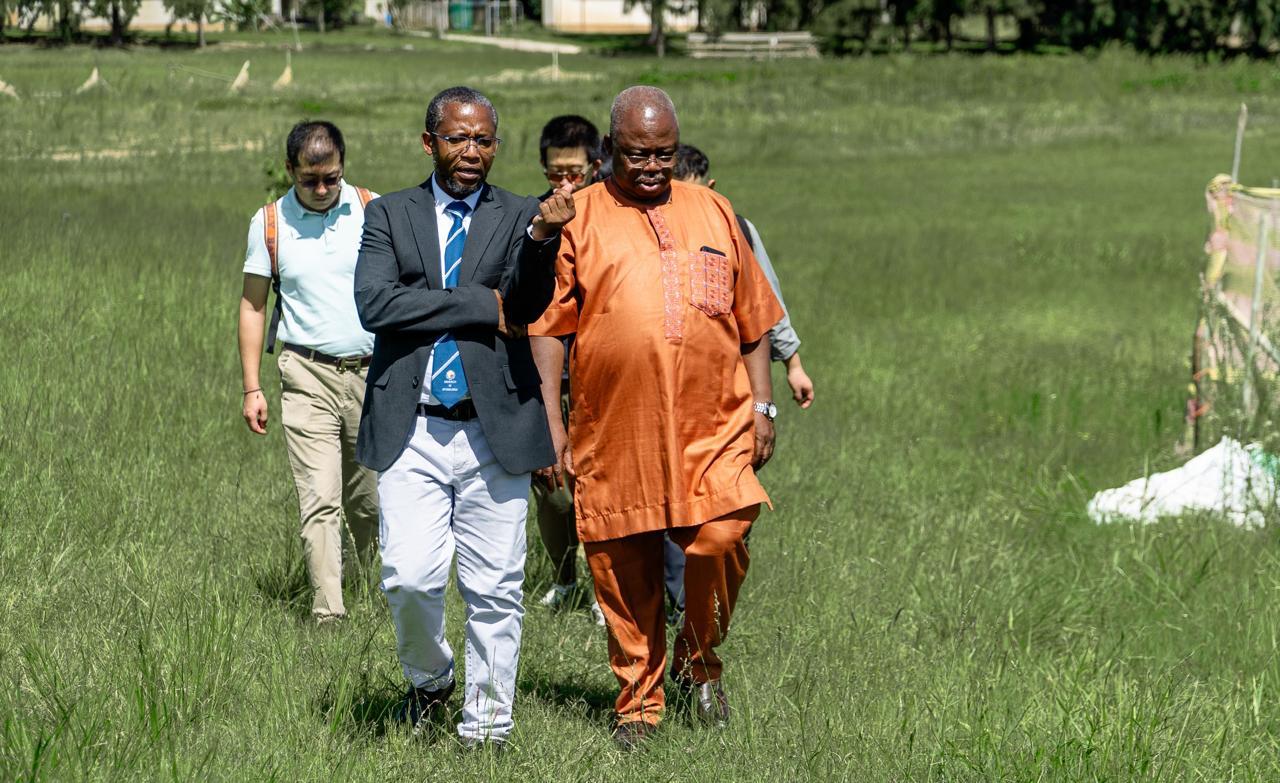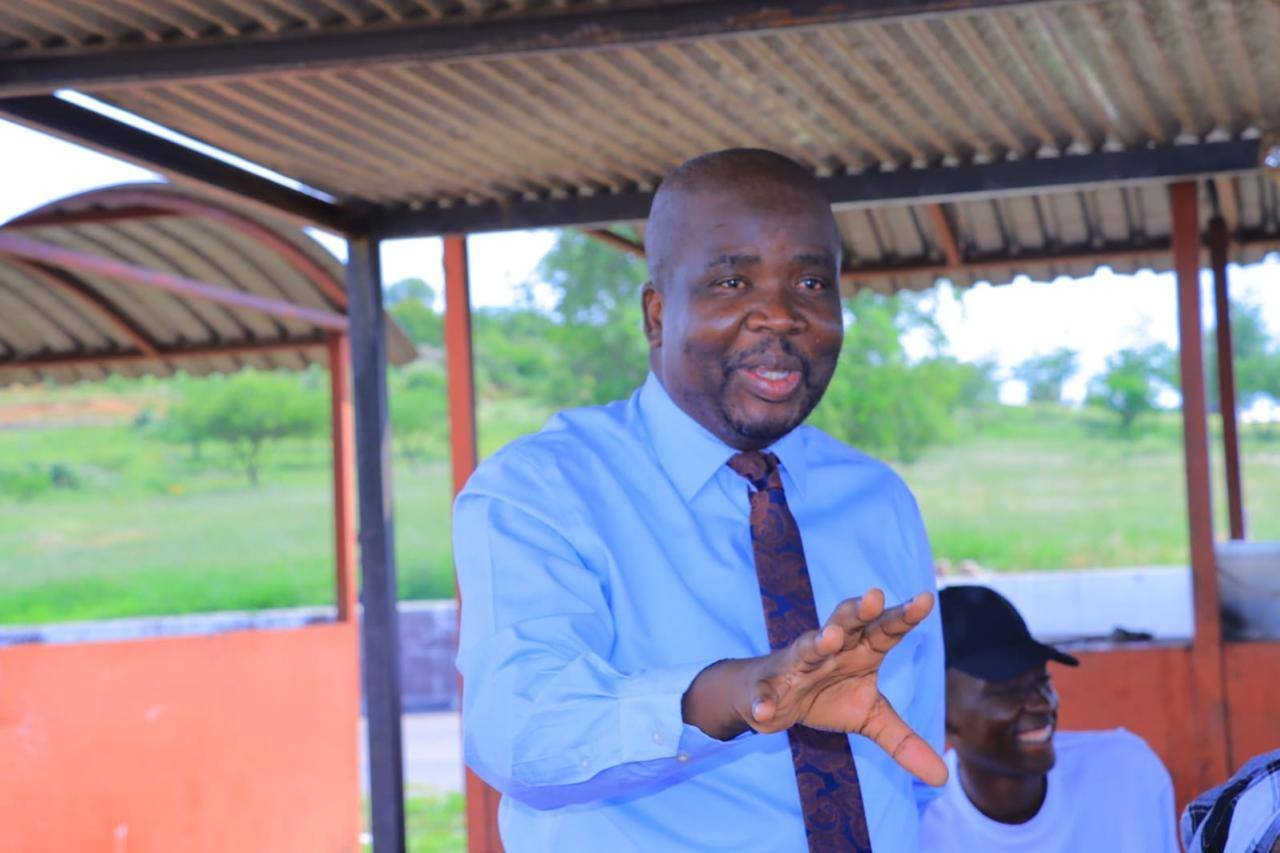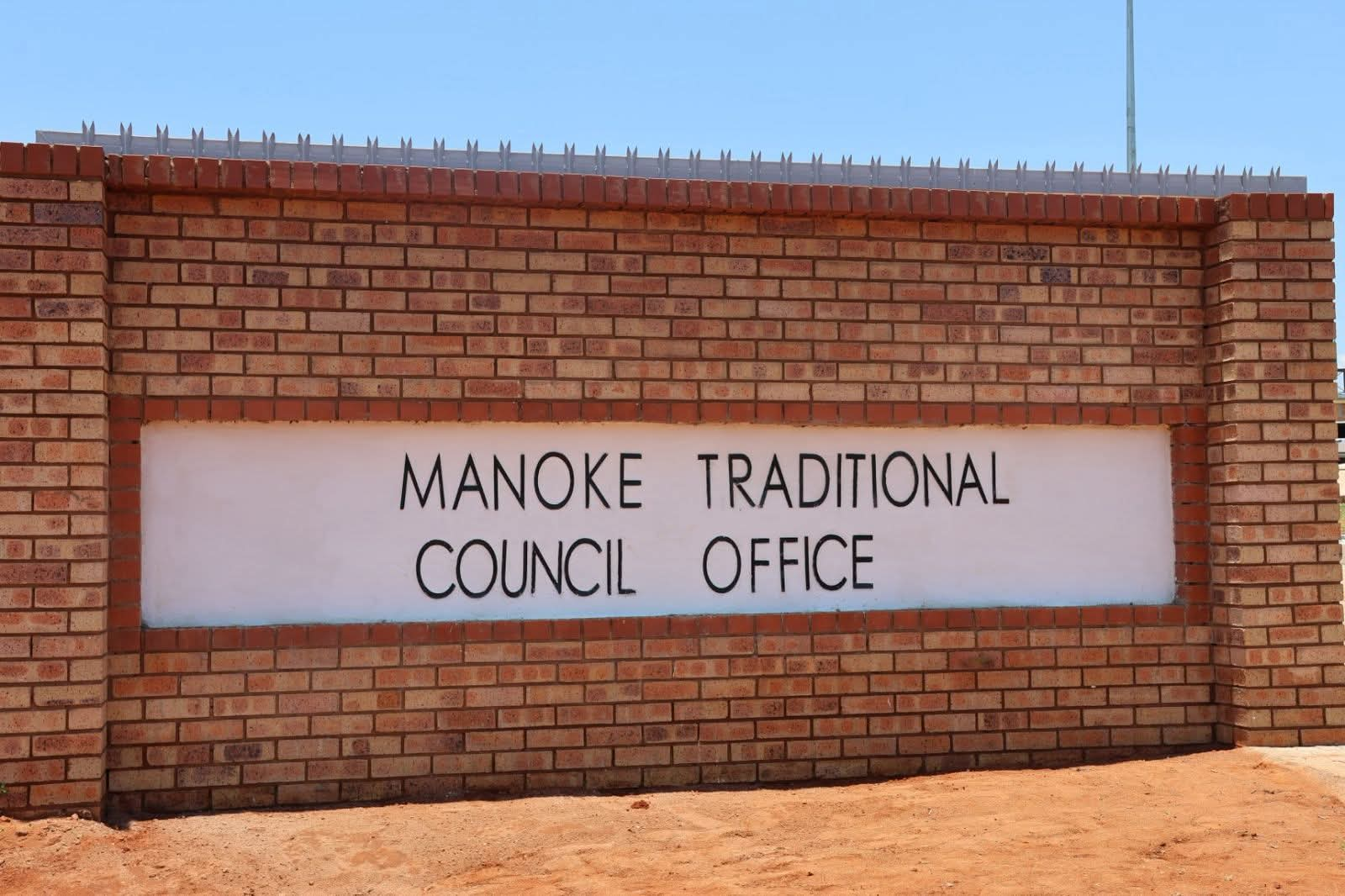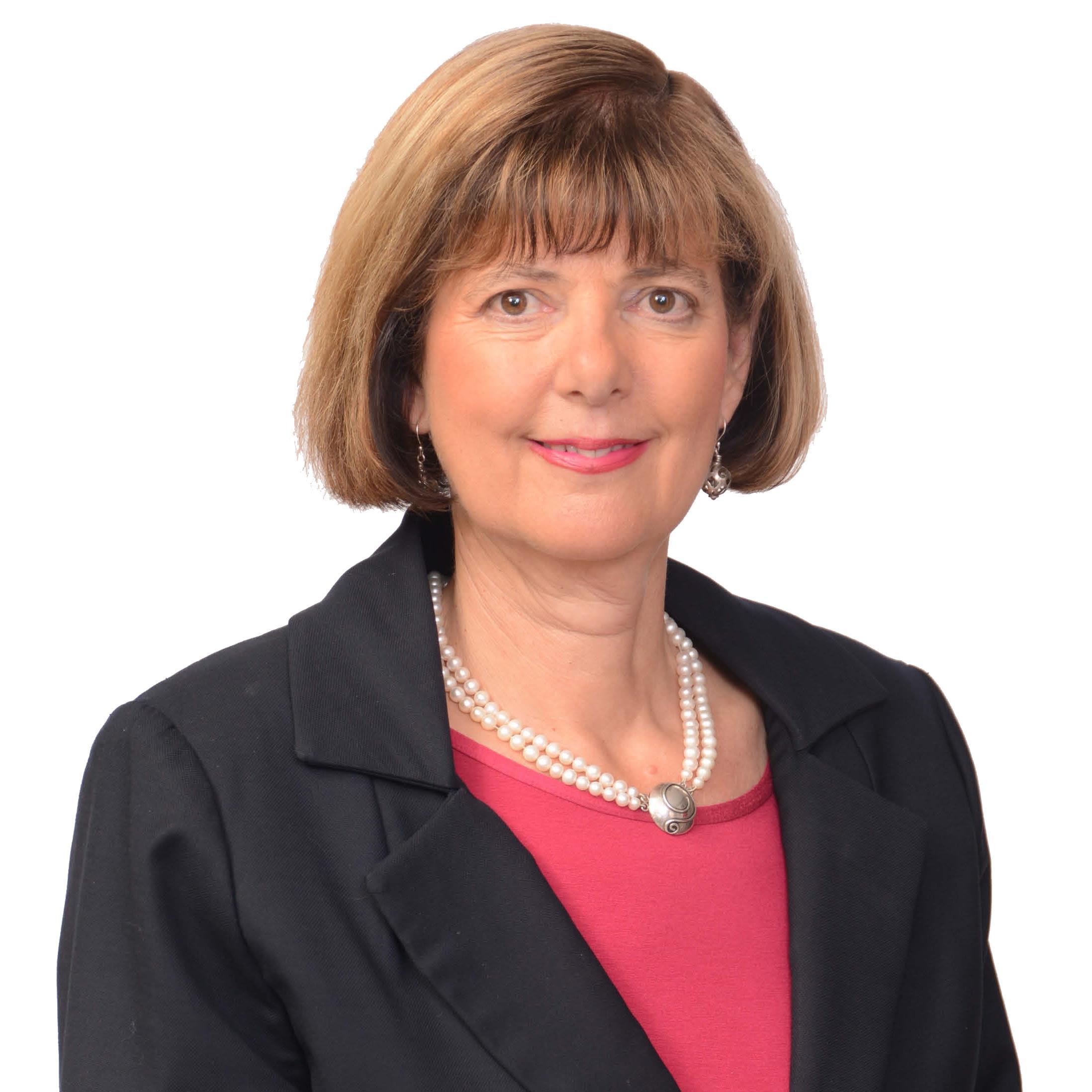-
 ‘SA must boycott the World Cup’ – Malema
‘SA must boycott the World Cup’ – Malema
-
 Transnet loses third court battle and ordered to pay R60m to Gijima
Transnet loses third court battle and ordered to pay R60m to Gijima
-
 UMP’s ambition to position SA as a leading rice exporter
UMP’s ambition to position SA as a leading rice exporter
-
 Polokwane mayor’s gobbledygook on R41.2 million refund to developer
Polokwane mayor’s gobbledygook on R41.2 million refund to developer
-
 Transnet’s loses yet another application to push Gijima Holding’s from IT contract
Transnet’s loses yet another application to push Gijima Holding’s from IT contract
-
 Fetakgomo Tubatse municipality dumps consultants and still keeps a good financial record
Fetakgomo Tubatse municipality dumps consultants and still keeps a good financial record
-
 Limpopo government finishes sixth traditional office in 2025/26
Limpopo government finishes sixth traditional office in 2025/26
-
 Masoga approaches High Court to clear his name on allegations of corruption at MMSEZ
Masoga approaches High Court to clear his name on allegations of corruption at MMSEZ
-
 Municipal manager’s bid to attach CFO’s pension fails
Municipal manager’s bid to attach CFO’s pension fails
-
 Visit Limpopo Ka Dezemba – Premier Ramathuba
Visit Limpopo Ka Dezemba – Premier Ramathuba
Creecy slammed for being lenient to Sasol
Sizwe sama Yende
Life After Coal has condemned the decision by Forestry, Fisheries and Environment minister, Barbara Creecy, to grant petrochemical company, Sasol, further leniency in delaying to meet its obligations to reduce air pollution.
Creecy’s decision, Life After Coal argues, will allow Sasol’s emission of sulphur dioxide (SO2) and other chemicals to continue causing premature deaths and respiratory illnesses for residents in the Highveld region that straddles Mpumalanga and Gauteng.
Sasol contributes immensely to the pollution in the Highveld Priority Area that covers 31 000m² of the two provinces and the following towns - eMalahleni, Middelburg, Secunda, Standerton, Edenvale, Boksburg and Benoni.
Life After Coal said that Sasol was a major polluter, emitting some 167 kilotonnes of SO2 from its industrial processes every year. It emits several other dangerous pollutants and is a major contributor to the toxic air quality on the Mpumalanga Highveld.
This is also where 12 of Eskom’s coal-fired power stations are situated – making this one of the areas with the most polluted air in the world.
In March 2022, Pretoria High Court judge, Colleen Collis, ruled that the poor air quality in the Highveld Priority Area was in breach of residents’ constitutional right to an environment that was not harmful to their health and wellbeing.
This judgement was passed after two environmental organisations – groundWork and Mpumalanga’s Vukani Environmental Justice Movement in Action – approached the court to force the minister to clean up the polluted air.
The Life After Coal campaign - consisting of groundWork, Earthlife Africa and the Centre for Environmental Rights, as well as Vukani Environmental Justice Movement, the Vaal Environmental Justice Alliance and the South Durban Community Environmental Alliance – also condemned Creecy for not being transparent about how she arrived at her decision.
They demand the immediate release of all expert reports and legal advice taken into account by the National Environmental Consultative and Advisory Forum in making its recommendation to Creecy.
Centre for Environmental Rights’ pollution and climate change attorney, Michelle Koyama, said that South Africa had weak minimum emission standards, even compared to other developing countries.
“These standards are there to protect people’s health. The very least people exposed to the pollution from industrial operations ask is that corporations operating in South Africa comply with these standards - no exceptions. Instead, one of our biggest polluters, Sasol, is simply let off the hook,” Koyama said.
Life After Coal said that expert evidence showed that Sasol’s minimum emission standards (MES) compliance would reduce premature deaths and negative health impacts by 40-60%, whereas Sasol’s proposed limit – even by April 2030 – would only reduce these impacts by 5% compared to Sasol’s 2022-2023 emissions.
“Granting Sasol’s appeal will result in approximately 50-130% higher negative impacts than MES compliance. The Minister’s appeal decision was a clear indication that Sasol will leave no stone unturned to avoid incurring the costs associated with compliance with the health-based MES and a just transition,” the organisations said.
“Despite all this, Sasol has continued to declare dividends to shareholders, with the last dividend declared as recently as February 24.”
Life After Coal said that it was well studied and documented that exposure to excess sulphur dioxide cause an increased risk of lower respiratory infections, increased risk of stroke, and increased risk of death from diabetes.
“Studies also show severe health impacts on children, the elderly, pregnant women, and those already suffering from asthma, heart, and lung disease. It is not controversial to state that Sasol’s SO2 pollution causes ill-health for many people living around and in the airsheds of its pollution.”
The organisations said that government’s continued buckling to industry pressure to grant companies leniency in relation to air pollution, created real doubt about its commitment to holding South Africa’s major greenhouse gas emitters - with Sasol and Eskom at the top of that list - accountable for their emissions.
“This view is reinforced by the fact that the soon-to-be-promulgated Climate Change Act contains no penalty for failure by companies to comply with their carbon budgets.”

